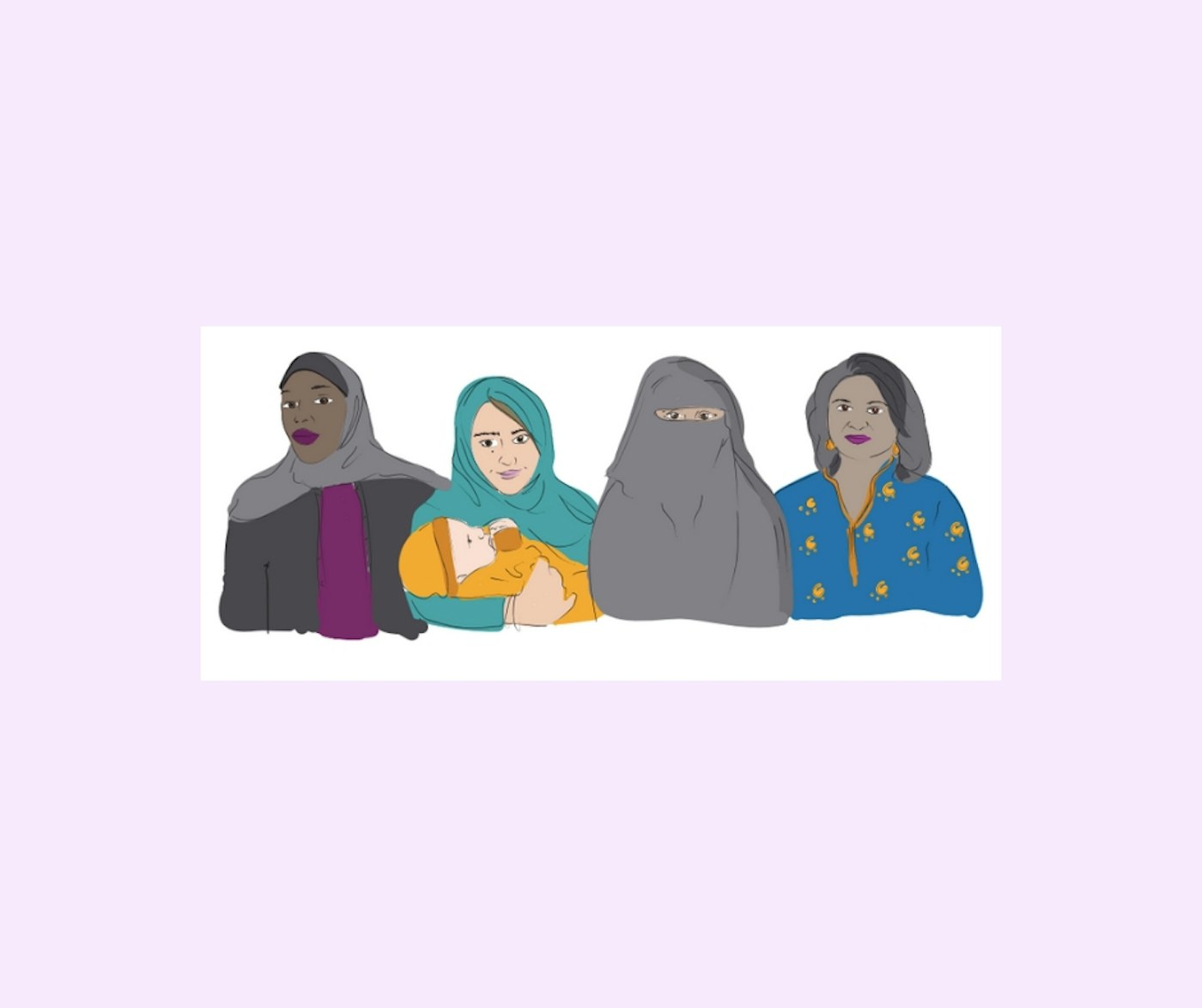Rivers of Hope Tool Kit: Resources & Support for Islamophobic Abuse
by Amaliah Team in Culture & Lifestyle on 30th November, 2018

In the last month, ironically we have seen and personally experienced a countless number of Islamophobic hate crimes, and forms of abuse. This document is available to provide resources and the necessary information provided to those who need support and assistance for survivors of Islamophobic violence and abuse. This 24-page booklet provides insight and information in unpacking the language surrounding islamophobia, to empower victims in understanding the nuances of what it means to be subject to abuse, in all of its forms, verbal, psychological, and physical.
It begins with its definition:
“Islamophobia is a form of racism (Garner and Selod, 2015). It is a fear or hatred of Muslim people that results in discrimination, exclusion, and violence against Muslims. Islamophobia is based on false and toxic ideas that Muslims are less than human, demonic, terrorists, or trying to take over the country. These toxic ideas are spread through the media and social media. Islamophobia mostly affects Muslims, but Sikhs and other groups who have been mistaken as Muslim can also face Islamophobia.”
It also breaks down the definition of gendered Islamophobia and anti-black racism, with an insight into research participants taking into consideration: ethnicity, language, income, veiling, motherhood, and age.
It also unearths stats of the perpetrators and which race and gender most consistently carry out the abuse. Including shocking definition such as rape, assault, and attempted murder, online Islamophobia and orchestrated attacks by hate groups. the document then proceeds to unpack the impact of Islamophobic abuse including PTSD, flashbacks, nightmares, difficulty sleeping, hypervigilance, paranoia, depression, and anxiety. This allows victims to understand that their feelings are valid, and will help to acknowledge symptoms in the victim, empowering them to seek help for it. The booklet is also teamed with heartfelt poems by Muslim women, expressed cathartically to help illustrate and connect the feeling with the self-actualisation of being abused. The document provides solutions on finding support and tips on how to feel better, and more empowered. There is also scope for bystanders to learn about how they may contribute to the problem by either doing nothing or by doing something that is more damaging, including the 4D’s of bystander intervention.
There is also information compiled, resources that provide options for reporting the incidents, taking action in the community, and a support resource list.
Have a look at the booklet to empower yourself, and others today by downloading the guide, you can also book a workshop for a more interactive experience. who are exposed to Islamophobia in its most latent terms.
Amaliah Team
This article was written by a member of the Amaliah team or a collective team effort. You can follow us on @amaliah_tweets for the latest or head over to our Instagram @amaliah_com. If you're reading this and are thinking about contributing an article then send us an email with a brief or a full article to contribute@amaliah.com